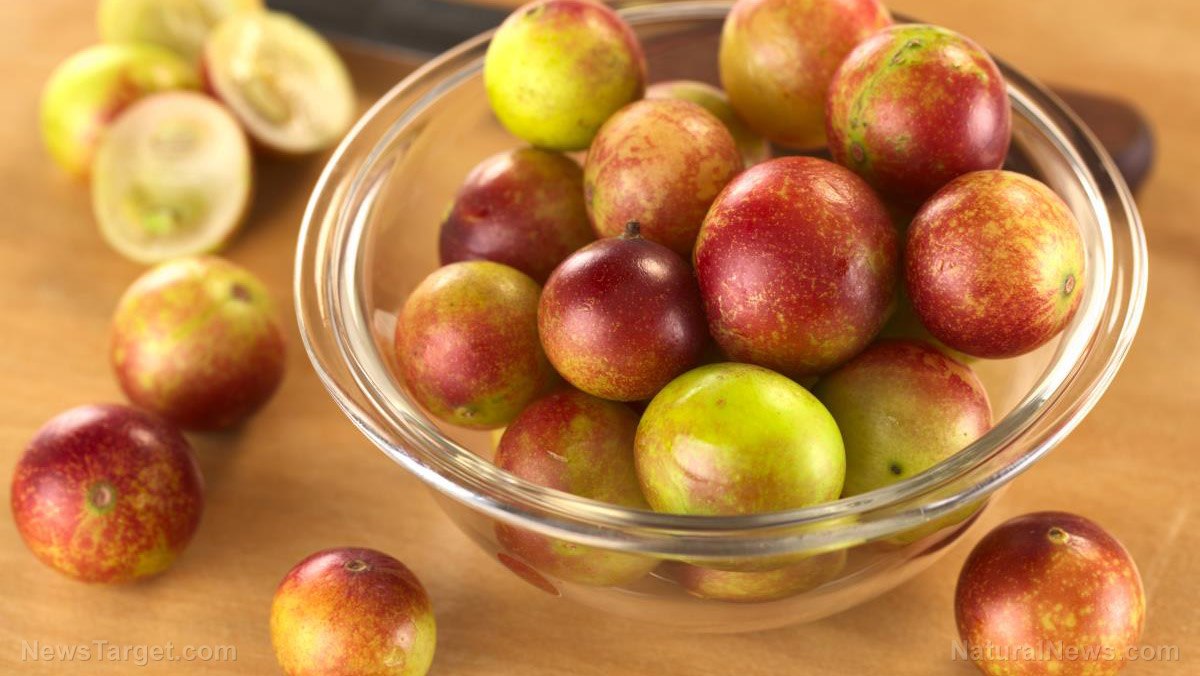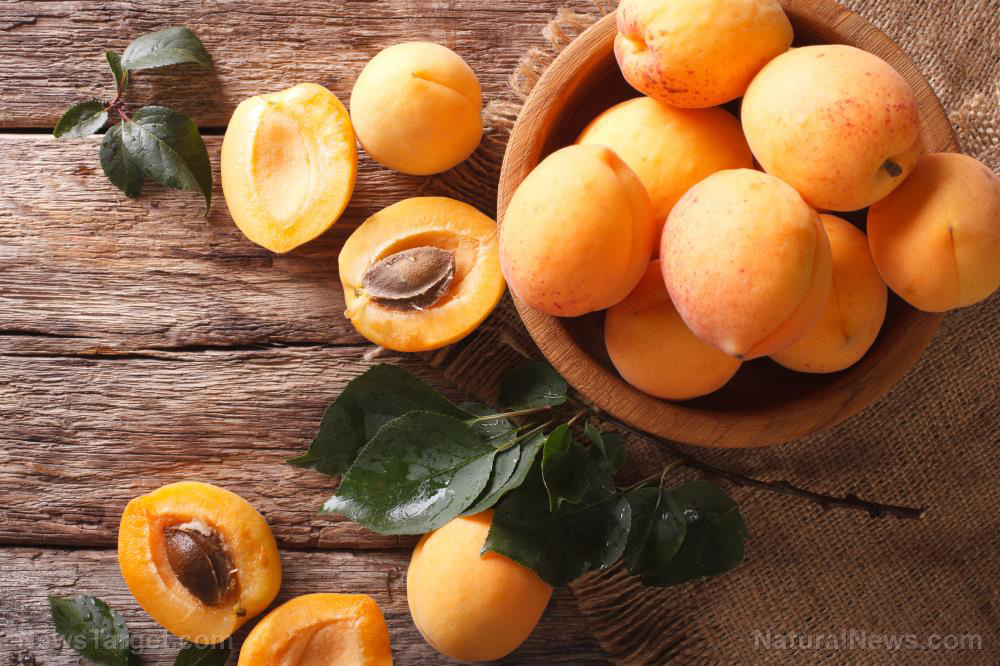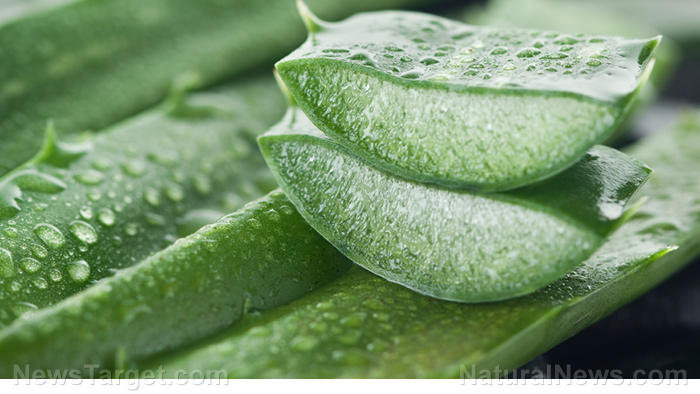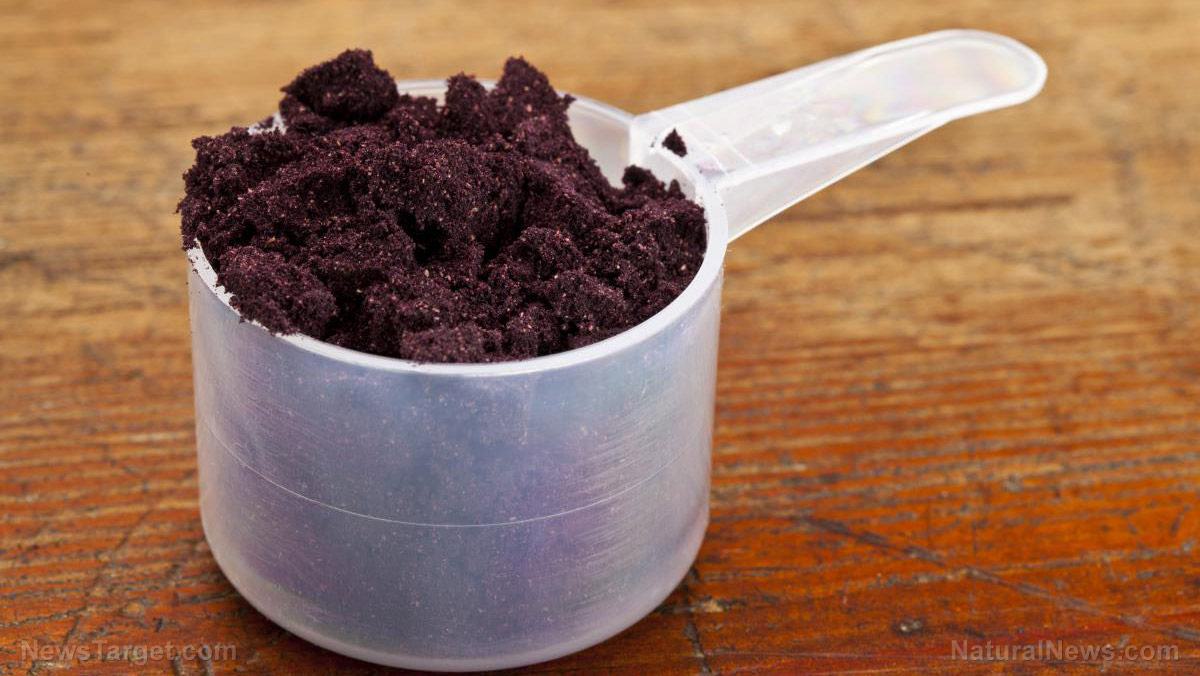A basic guide to fermentation for the smart homesteader
11/24/2018 / By Ellaine Castillo
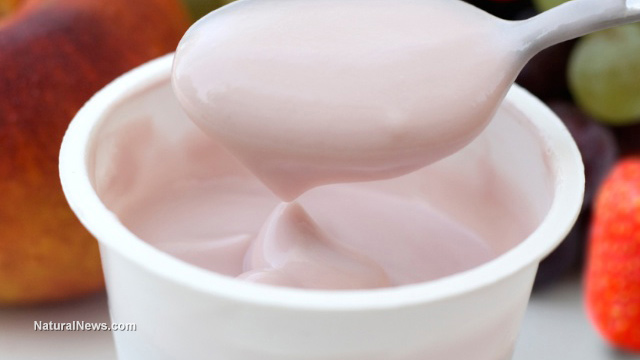
Fermentation is one of the most important processes that a homesteader should have in their arsenal. This process has been around for centuries and has been widely used for the preservation of food in the absence of refrigerators. However, there’s so much more to fermented foods than their prolonged shelf life. For one, they are known for having many health benefits.
The process of fermentation isn’t hard at all; in fact, everything you need to produce fermented foods can be easily found in the kitchen. (h/t to HomesteadSurvivalSite.com.)
Fermentation is a process wherein organic compounds are converted into alcohols or acids by bacteria. The fact that bacteria are involved in this process might be alarming but these are harmless bacteria and are even beneficial to the body. Fermenting foods is very easy to do. All you need is the starting fruit, vegetable, grain, or milk, and the ingredients that trigger fermentation. These include the following:
- Salt — Among the different types of salt, those that are recommended for fermenting foods are sea salt, kosher salt, or pickling salt. On the other hand, iodized table salt and flavored salt are not good for this purpose.
- Sugar — Honey and maple syrup can be used to start the fermentation process. However, sugar should be used to achieve the best results.
- Yeast — The type of yeast to be used depends on the purpose for which fermentation is done. If it is for the production of bread and other baked goods then active dry-yeast should be used. But for alcoholic beverages like beer, wine, and spirits then Brewer’s yeast should be used instead.
- Previously fermented foods — An old batch of fermented foods shouldn’t be thrown away since this can be used to initiate a new round of fermentation. The old stuff already has a good amount of beneficial bacteria so it could easily introduce these to the fresh batch.
- Vinegar — Although the process of submerging foods in vinegar is referred to as pickling, it is still very much related to fermentation. This is because vinegar itself is a product of fermentation so it provides all the benefits associated with this process.
The power of the elements: Discover Colloidal Silver Mouthwash with quality, natural ingredients like Sangre de Drago sap, black walnut hulls, menthol crystals and more. Zero artificial sweeteners, colors or alcohol. Learn more at the Health Ranger Store and help support this news site.
Combine the starting food item with your chosen active ingredient inside a tightly closed jar and leave it in an area where the temperature falls between 60-70 F. If conditions are cooler, it could reduce the activity of the microbes. Higher temperatures are also bad especially since fermentation itself generates heat. Too much heat can kill the good microbes and increase the production of higher alcohols that can cause headaches. To prevent unwanted increases in temperature, store the fermentation jar in places like the basement or pantry where it won’t be subjected to direct sunlight. However, it is also important to take the jar out and “burp” it once a day for at least a few weeks to release carbon dioxide, which is a waste product of fermentation. If this is done indoors then it could leave unpleasant odors that can linger for some time.
Benefits of fermented foods
Fermented foods are rich in good bacteria called probiotics that are extremely beneficial for a person’s health. Once ingested, these bacteria are added to the existing gut microbial flora and contribute to the following health benefits. (Related: Improving the immune-enhancing properties of cordyceps mushrooms through fermentation with probiotics.)
- Enhancing digestion
- Boosting the immune system
- Improving mood and behavior
- Eliminating toxins
- Promoting weight loss
Fermenting your foods is not just an easy way to prolong their life, it’s also a delicious way of enjoying all of these health benefits. For more articles about self-sufficient living, visit Homesteading.news.
Sources include:
Tagged Under: bacteria, fermentation, fermented foods, food independence, good bacteria, Homestead, homesteading, how-to, probiotics, salt, sugar, survival food, Vinegar, yeast


